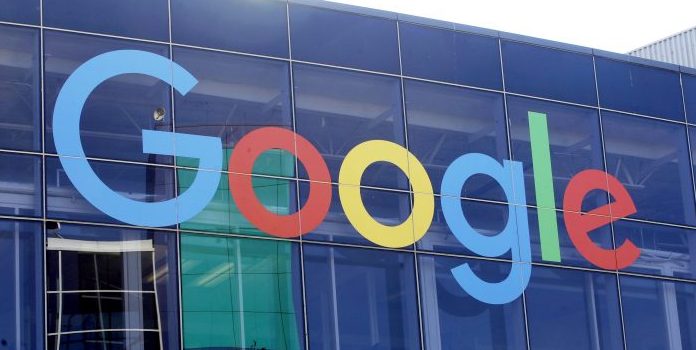(Danny Duchamp, FEE) Google’s share price dropped nearly 10% earlier this month in the wake of Microsoft’s announcement that they are integrating Open AI’s ChatGPT into their search engine. Microsoft’s search engine, Bing, currently accounts for only 3% of web searches, trailing far behind Google’s impressive market share of more than 90%. Google’s dominance in search is so total, and has been stable for so long, that it has led many to accuse Google of being a monopoly.
Claims of monopoly are common in political discourse, and they have been made against Google by all sides of the political compass. In 2020, Senator Ted Cruz accused Google of using its “monopoly” power to stifle conservative voices. In 2019, Senator Bernie Sanders expressed his desire to break Google up over its alleged monopoly status. In January of this year, the Justice Department sued Google for “monopolizing” digital advertising, which is the way Google monetizes its search service.
First, we should understand what a monopoly is.
The simplest and most common sense definition of the word “monopoly” is a provider of a good or service with no competitors. In this sense, Google is obviously not a monopoly because it has always had competitors. It has massively outperformed them, but they never disappeared; a competitor with just 3% of the market is still a competitor.
Economists will often use a more sophisticated definition of monopoly. In this understanding, we start by considering what the problem with a monopoly would be. A monopoly could raise its prices and lower its quality without losing customers to competitors—because there are none. It is then reasoned that when a company is in a very dominant market position (even if it is not completely without competitors) it may be able to leverage status quo bias, economies of scale, network effects, and other benefits of being a dominant market player to engage in those same monopolistic behaviors. This is supposed to make it useful to refer to some companies as “monopolies,” even if their market share is less than 100 percent.
The problem with applying this to Google is that it would predict that a competitor should not be able to threaten them, even by providing a superior product. The recent Microsoft announcement, and the reaction to it, clashes with this prediction. If Google is really a monopoly, why would investors be worried about a competitor developing a new product? Why would Google scramble to put together a half-baked AI event of its own at the last minute?
They wouldn’t.
Given how obvious this is, what makes Cruz, Sanders, and the Justice Department so confident in their accusations? You might think that they are simply lying, but the more likely answer is “rational irrationality.”
Rational irrationality is a term coined by economist Bryan Caplan in his book The Myth of The Rational Voter. Essentially, it is the idea that people will convince themselves of things that are pleasant or convenient to believe when they pay no cost for being wrong.
“Rational irrationality is a modest refinement of existing models of human behavior. Assuming that all people are fully rational all the time is bad economics. It makes more sense to assume that people tailor their degree of rationality to the costs of error.”
Caplan applies this primarily to voters in his book, but the logic applies just as well to politicians and government agencies.
It does not take much rational thought to see why Google is simply not a monopoly. But Cruz does not like Google’s habit of censoring those of his political persuasion. He knows that people are more willing to support government action against Google if it is classified as a “monopoly.” Finally, he does not pay any cost for being wrong if he calls it a monopoly when it isn’t one. He therefore convinces himself that Google is a monopoly.
Though the preferences and incentives are different for Sanders and The Department of Justice, the logic is the same. They want to be able to classify Google as a monopoly. If they decide that Google is a monopoly, and they are wrong, they pay no cost. So they say that Google is a monopoly, and they probably believe it.
Investors, on the other hand, do pay a cost for being wrong. If Google really is a monopoly, they shouldn’t be worried about the new Bing, and they should stay invested. If Google is just a successful company in the free market of search, however, then Microsoft may be a significant threat, and perhaps they should pull out their capital assets. If investors are wrong, they stand to lose everything they have invested. Investors don’t have the luxury of being rationally irrational.
To be clear, it is not yet known for certain whether AI-powered Bing is going to take over the search industry. But what is known is that investors are taking the possibility very seriously, demonstrating that they do not believe Google is a monopoly. And given that these investors have a much stronger incentive to be rational on this matter, we’d be wise to put much more stock in their opinions than in the opinions of politicians and pundits.

